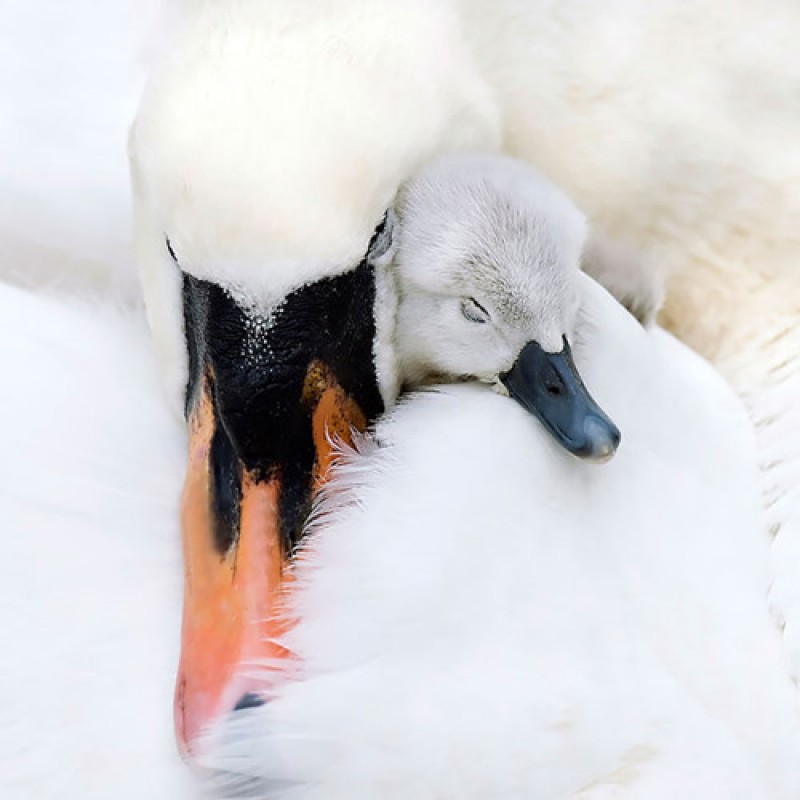Birds are famous for their steadfast commitment to their babies, going above and beyond to guarantee that their offspring are well-nourished and thriving. They create elaborate homes and tirelessly search for sustenance, doing whatever it takes to fulfill the dietary requirements of their hatchlings. Seeing a pack of famished chicks anxiously anticipating their next feeding is both endearing and voracious.

Baby birds in their nests spend most of their time sleeping, developing, and eagerly waiting for their parents to bring them food. These little ones need to be fed frequently, sometimes every 15 minutes, to keep up with their fast growth and ensure they receive enough nutrients.

The diet of baby birds relies on their species and the food resources found in their surroundings. “Pigeon milk” is a substance produced by pigeons and doves in their crop which they give to their offspring by regurgitation. Raptors and owls rely on catching fresh prey while songbirds and finches feed their chicks with a mixture of fruit, seeds, and insects.

Although birds have various diets, they tend to follow a consistent feeding routine as parents. They visit their nests multiple times per hour, transporting modest portions of food with each trip. This technique guarantees that the hatchlings receive a steady stream of nutritious sustenance, which won’t burden their delicate digestive tracts.

Bird parents face a challenging responsibility when it comes to feeding their chicks, as it requires much effort, commitment, and skill in finding enough nourishment to sustain their offspring. Certain birds need to venture far from their nests to hunt for food, while others stick to their local surroundings.









